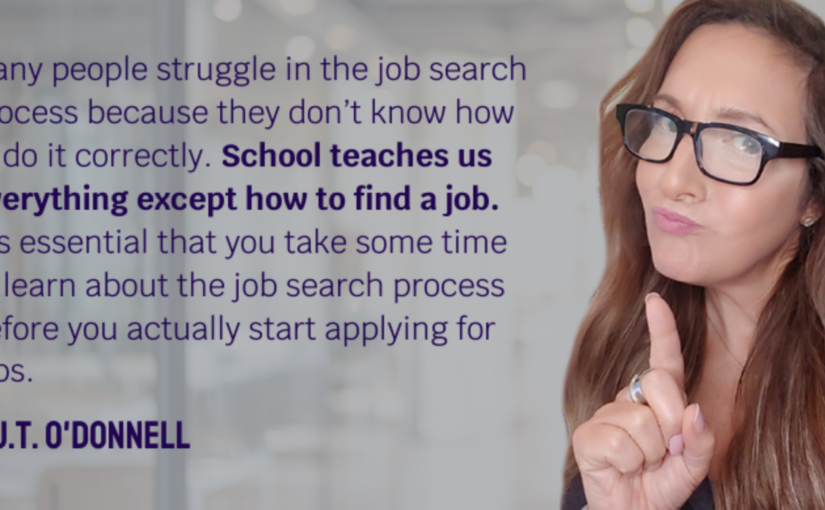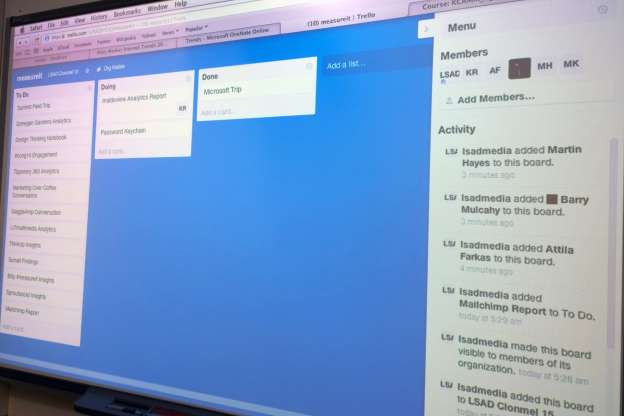It’s better for the bottom line when women help run the show. Here’s why.

Plenty of research proves the secret to business success is hiring and promoting women into the top ranks.
Getty
It hasn’t been a great year for women, caught in the wake of a pandemic that pushed millions of us out of the workforce across the globe. One bright spot, however: women leaders.
From Jacinda Ardern of New Zealand to Tsai Ing-wen of Taiwan and several more, female leaders steered their countries into safer waters during the coronavirus crisis.
It was the same story in the business world, with recent research suggesting that women outperformed their male counterparts this past year.
Experts on gender in the workplace will tell you that research has shown for a while now that companies with women in senior management are more successful—which makes it all the more puzzling (and enraging) that there are so few women in the C-suite. As of January 15, 2021, women made up only 5.8 percent of CEOs and only 26.5 percent of executives and senior-level officials and managers of S&P 500 companies, according to Catalyst.
If you’re a regular reader of this site, you’re probably aware of the biases that keep women from shattering glass ceilings—we’re too emotional, or less committed, or not tough enough, to name a few—but you might not know just how wrong these sexist assumptions about women leaders are.
So, here’s a list of reasons, backed by research, why companies with women in senior management are more successful. We highly encourage you to share this with your colleagues who might need to read it, ahem.
Companies with women leaders are more profitable.
Since boosting the bottom line is a pretty important business imperative no matter where you work, this reason alone should convince stakeholders to hire and promote more women into their top ranks. Here are just a few pieces of evidence: Companies with female leaders often perform better on the stock market than those led by men, according to a 2018 report published by S&P Global. Having women at the C-suite level significantly increases net margins, according to a survey of 21,980 firms from 91 countries by The Peterson Institute for International Economics. And a 2016 Credit Suisse report found that companies with one-third of women in management had a 25.6 percent annual return, compared to an 11 percent return for the average company during the same period.
Women are ranked as better leaders by those who work with them.
According to an analysis of thousands of 360-degree reviews by researchers Jack Zenger and Joseph Folkman, women outscored men on 17 of 19 capabilities, including “takes initiative,” “drives results,” “bold leadership,” and other take-charge capabilities that are wrongly attributed more to men. The only two areas where men ranked higher? “Technical or professional expertise” and “develops strategic perspective.”
“This data continues to reinforce our observations from our previous research—women make highly competent leaders, according to those who work most closely with them—and what’s holding them back is not lack of capability but a dearth of opportunity,” Zenger and Folkman wrote in the Harvard Business Review. “When given those opportunities, women are just as likely to succeed in higher level positions as men.”
Women leaders are better in a crisis.
The same researchers decided to see if the results held true during the pandemic—and they did, plus some. Women were once again rated as more effective leaders, but “the gap between men and women in the pandemic is even larger than previously measured, possibly indicating that women tend to perform better in a crisis,” they wrote. Zenger and Folkman suggest it’s because workers “want leaders who are able to pivot and learn new skills; who emphasize employee development even when times are tough; who display honesty and integrity; and who are sensitive and understanding of the stress, anxiety, and frustration that people are feeling.” Their analysis shows that these are traits that are more often displayed by women.
Companies with women leaders are more open to change, less open to risk and more focused on research and development, versus mergers and acquisitions.
New research provides a fascinating glimpse at why companies with female leadership are more successful. A study in the Academy of Management Journal examined R&D expenses, merger and acquisition (M&A) rates, and the content of letters to shareholders for 163 multinational companies over 13 years to determine how these firms’ long-term strategies shifted after women joined their top management teams. “First, we found that after women joined the C-suite, firms became both more open to change and less risk-seeking,” the study’s authors wrote in the Harvard Business Review. They also found that when those teams added female executives, “they gradually shifted from a knowledge-buying strategy focused on M&As—which could be described as a more traditionally masculine, proactive approach—towards a knowledge-building strategy focused on internal R&D, which could be described as a more traditionally feminine, collaborative approach.”
As the way we work continues to evolve—and new generations move into the workforce—women might have exactly the skill set that’s needed to help companies move forward.










































